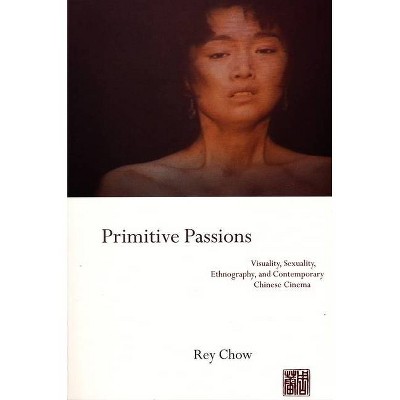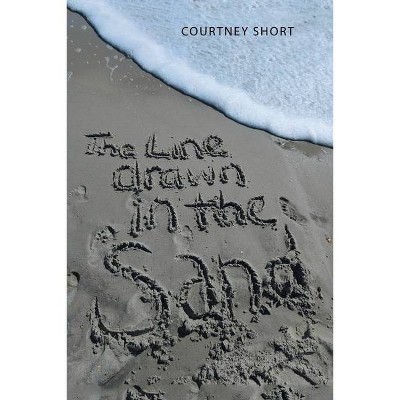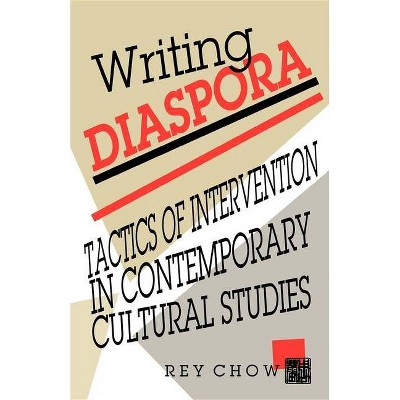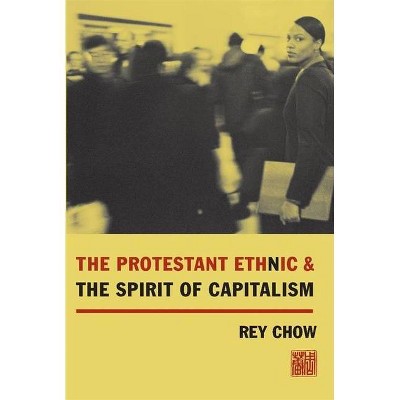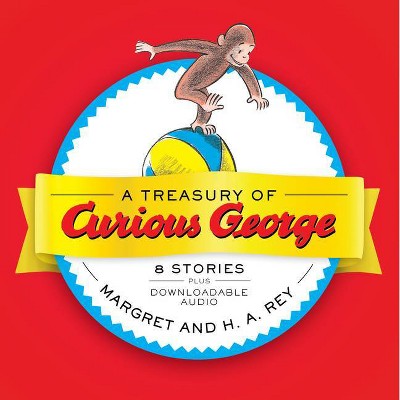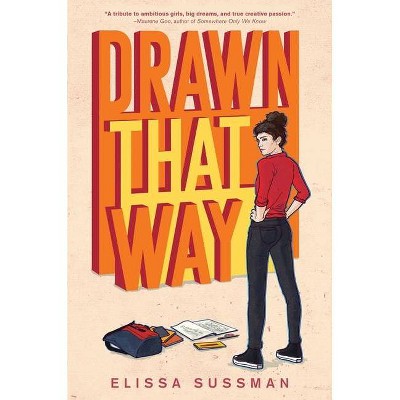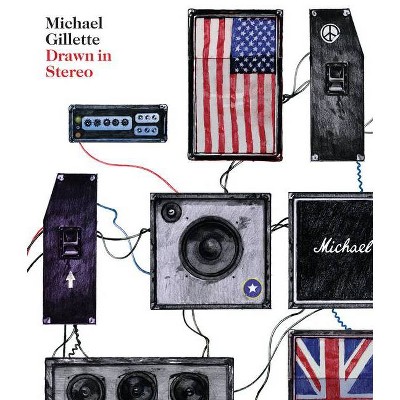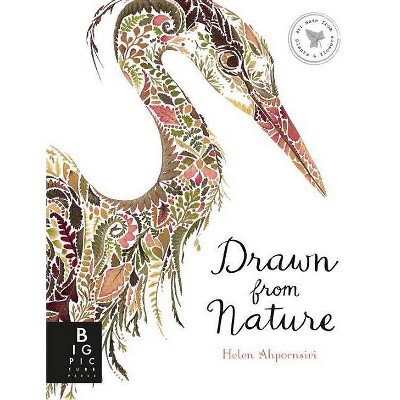A Face Drawn in Sand - by Rey Chow (Hardcover)
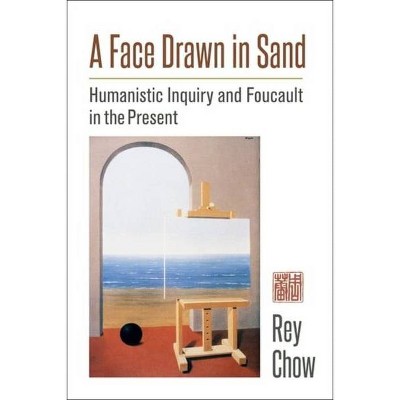
Similar Products
Products of same category from the store
AllProduct info
<p/><br></br><p><b> About the Book </b></p></br></br>Rey Chow rearticulates the plight of the humanities in the age of global finance and neoliberal mores through a focus on Foucault's concept "outside." She foregrounds a nonutilitarian approach, stressing anew the intellectual and pedagogical objectives fundamental to humanistic inquiry.<p/><br></br><p><b> Book Synopsis </b></p></br></br>Leadership, innovation, diversity, inclusiveness, sharing, accountability--such is the resounding administrative refrain we keep hearing in the contemporary Western university. What kinds of benefits does this refrain generate? For whom? What discursive incitements undergird such benefits? Although there are innumerable discussions of Michel Foucault in the English-speaking academy, seldom is his work used systematically to unravel the dead ends and potentialities of humanistic inquiry as embedded in these simple but dynamic questions. <p/>Rey Chow takes up this challenge by articulating the plight of the humanities in the age of global finance and neoliberal mores through a resharpened focus on Foucault's concept "outside." This general discussion is followed by a series of micro-arguments about several loosely linked topics: the biopolitics of literary study, visibilities and invisibilities, race and racism, sound/voice/listening, and confession and self-entrepreneurship. Against what she polemicizes as the moralistic-entrepreneurial norming of knowledge production, Chow foregrounds a nonutilitarian approach, stressing anew the intellectual and pedagogical objectives fundamental to humanistic inquiry: How to process, analyze, and evaluate different types of texts across languages and disciplines; how to form and sustain viable arguments; how to rethink familiar problems through less known as well as very well-known sources, figures, and methods. Above all, she asks in an abidingly humanistic spirit, how not to know all the answers before the questions have been posed.<p/><br></br><p><b> Review Quotes </b></p></br></br><br>Chow's text accomplishes something rare these days: an original reading of Foucault that crackles with insight.--Critical Inquiry<br><br><i>A Face Drawn in Sand</i> cuts into the present with breathtaking clarity. Redeploying Foucault's work in startling new ways, Chow engages everything from humanistic study in the neoliberal university to racism, sound theory, the digitized smart self, and sand painting. As brilliant as it is courageous, this book not only changes how we read Foucault. It teaches us how to think: how to press against the limits of our contemporary order. A tour de force!--Lynne Huffer, author of <i>Foucault's Strange Eros</i><br><br>In <i>A Face Drawn in Sand</i>, Rey Chow not only offers a provocative and original reading of Foucault but also mobilizes this reading to analyze some of the most important oppositions in literary studies today: close reading versus distant reading, surface reading with its re-aestheticization of the text versus STEM-inspired social science approaches, identity versus racialization, among others. Rather than attempt simply to adjudicate these conflicts in the interests of compromise, Chow reconstructs their theoretical and historical conditions of possibility to determine how these oppositions came to be posed in their current form. In doing so, she allows us to rethink them and perhaps better articulate the problems they seek to address. This is a much-needed book.--Warren Montag, coauthor of <i>The Other Adam Smith</i><br><br>In this lucid, concise, and passionate book, Rey Chow theorizes the dire effects of entrepreneurial capitalism in our digital age while showing how a humanistic intellectual should confront the essential problems created and obscured by that capitalism. This recovery of Foucault is brilliant, timely, and liberating.--Paul A. Bové, author of <i>Love's Shadow</i><br><br>If, as Foucault said, we have yet to cut off the head of the king, Chow offers the sharpest blade yet: critique forged in immanence. With the equanimity of a saint and the tenacity of a battle-scarred scholar, she puts a point on Foucault's productive hypothesis: to denounce power is not to say no to it. The result is a compelling series of interventions into the fields of study that matter most for humanistic inquiry today: critical race studies, sound studies, media studies, transnational and global studies. Chow's gift is a vision of what these fields might be, beheaded.--Thomas Lamarre, author of <i>The Anime Ecology: A Genealogy of Television, Animation, and Game Media</i><br><p/><br></br><p><b> About the Author </b></p></br></br>Rey Chow is Andrew W. Mellon Distinguished Professor of the Humanities at Duke University. She is the author of <i>Entanglements, or Transmedial Thinking About Capture </i>(2012) and <i>Not Like a Native Speaker: On Languaging as a Postcolonial Experience</i> (Columbia, 2014), among other works, and the coeditor of <i>Sound Objects</i> (2019).
Price History
Price Archive shows prices from various stores, lets you see history and find the cheapest. There is no actual sale on the website. For all support, inquiry and suggestion messages communication@pricearchive.us
